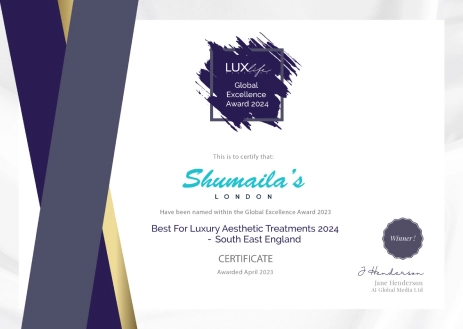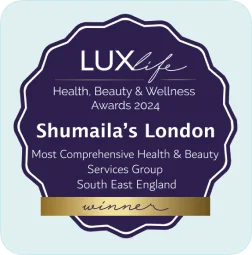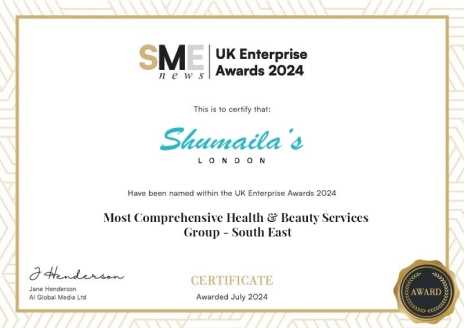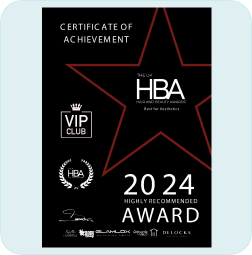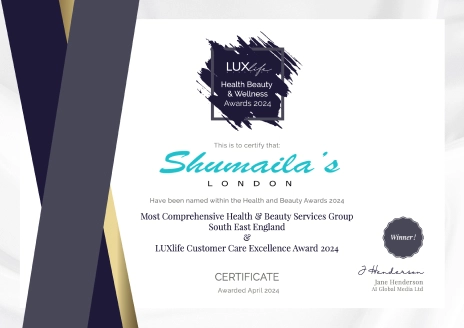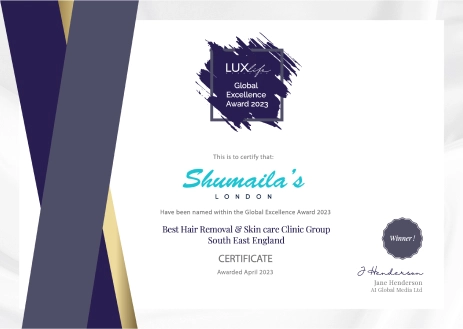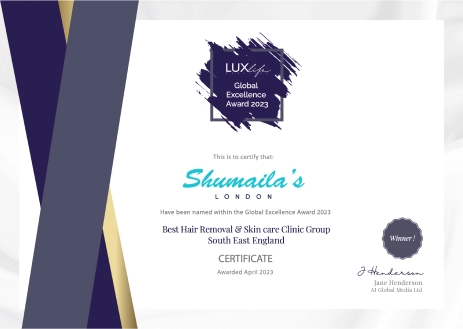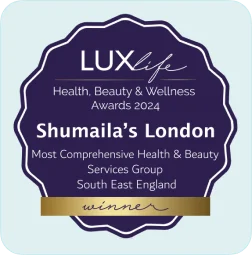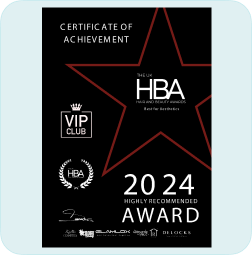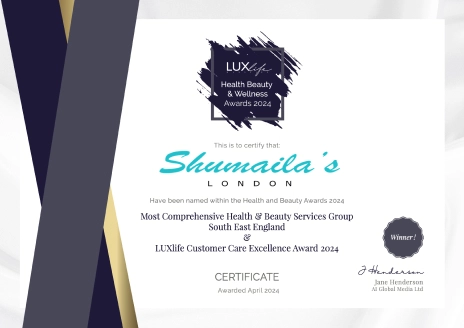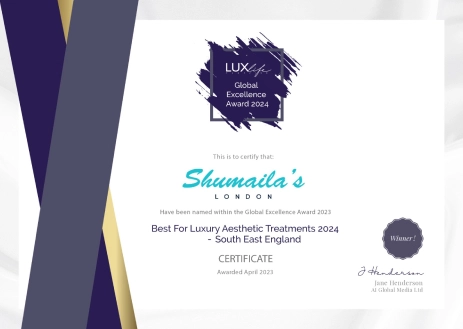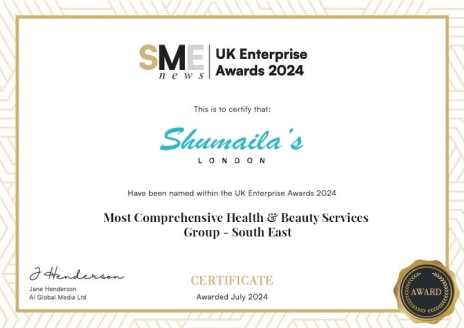Look. Feel. Live. Better
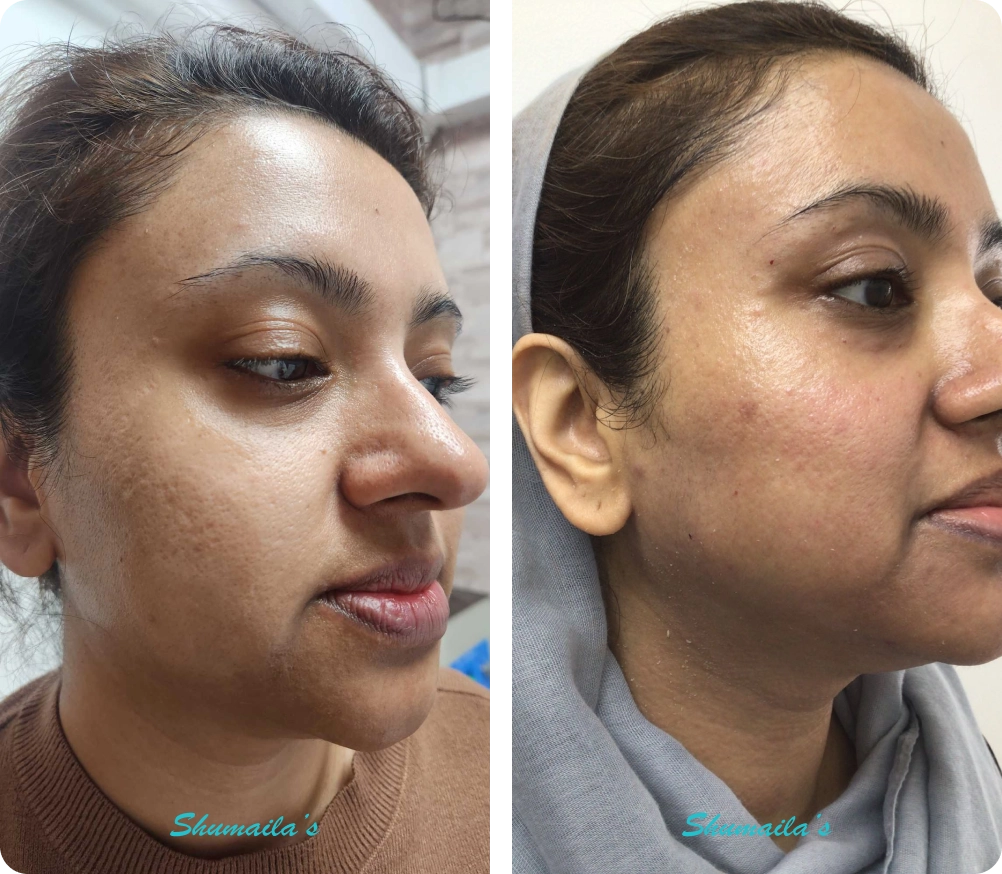
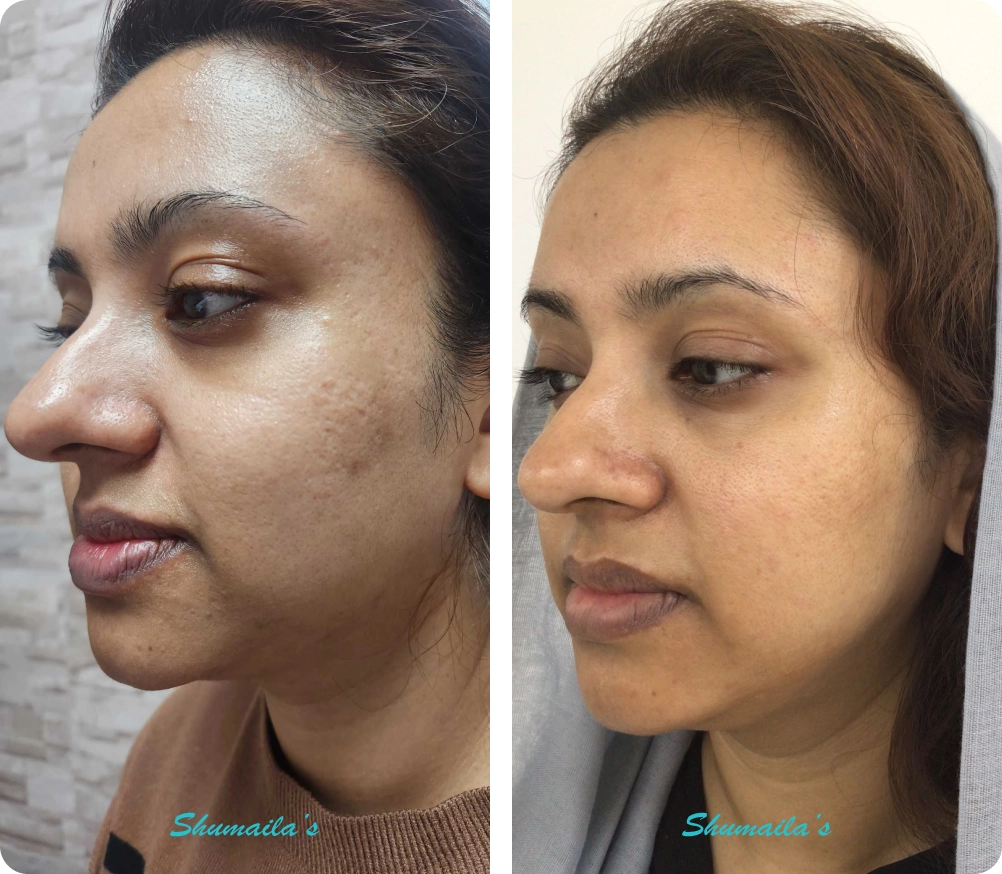
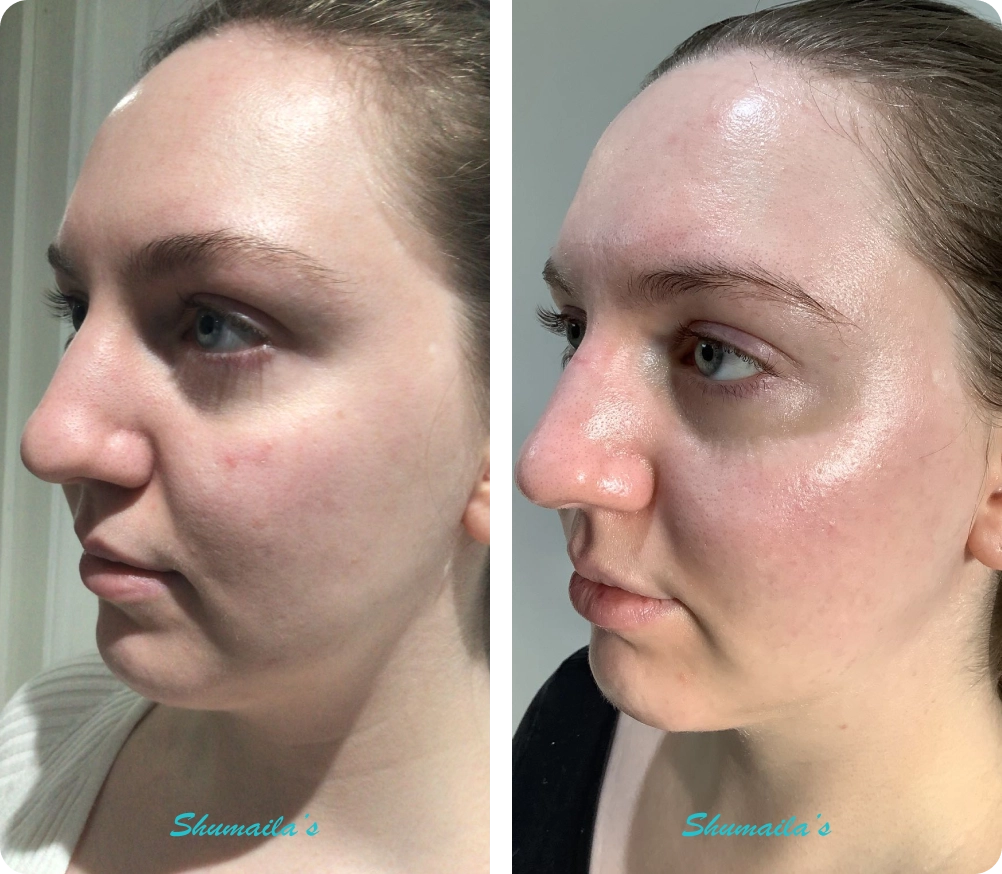
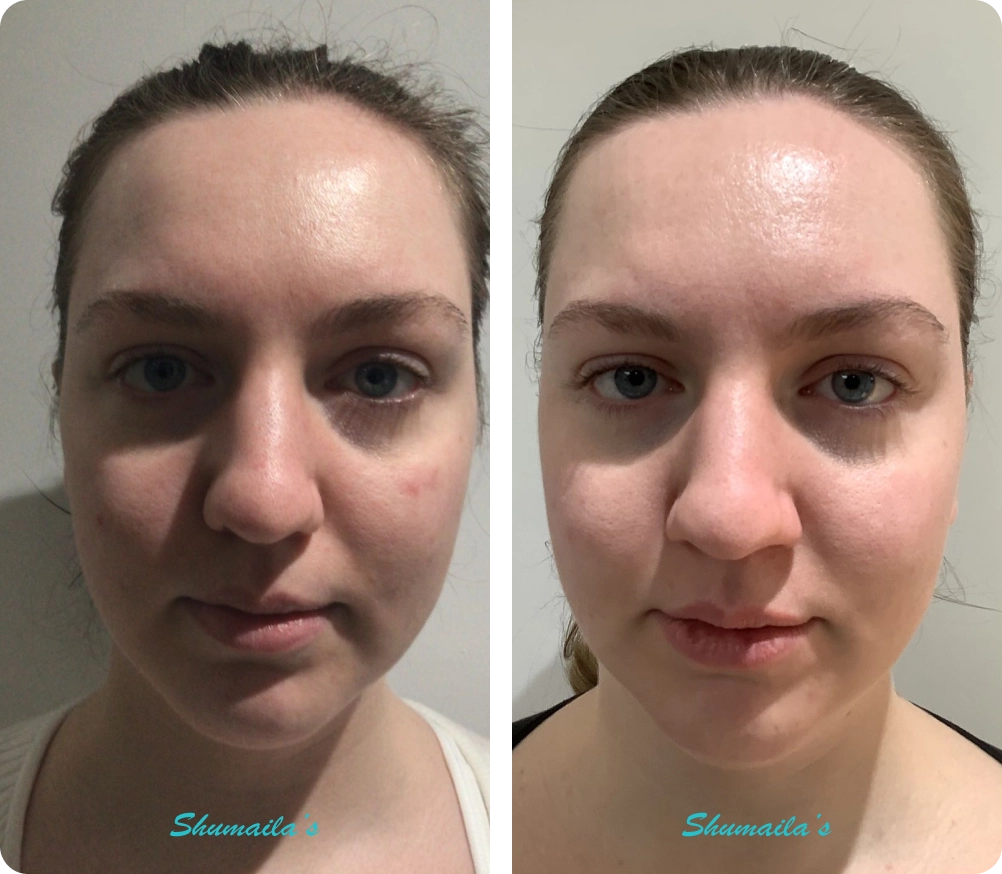
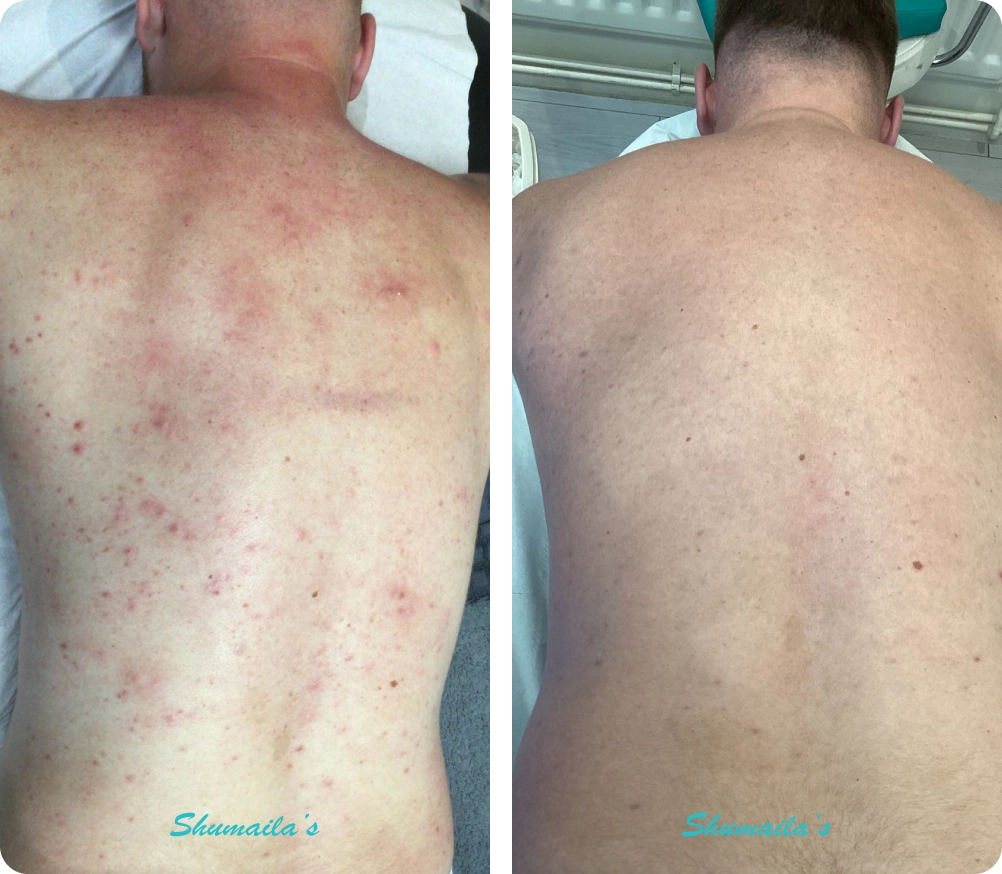
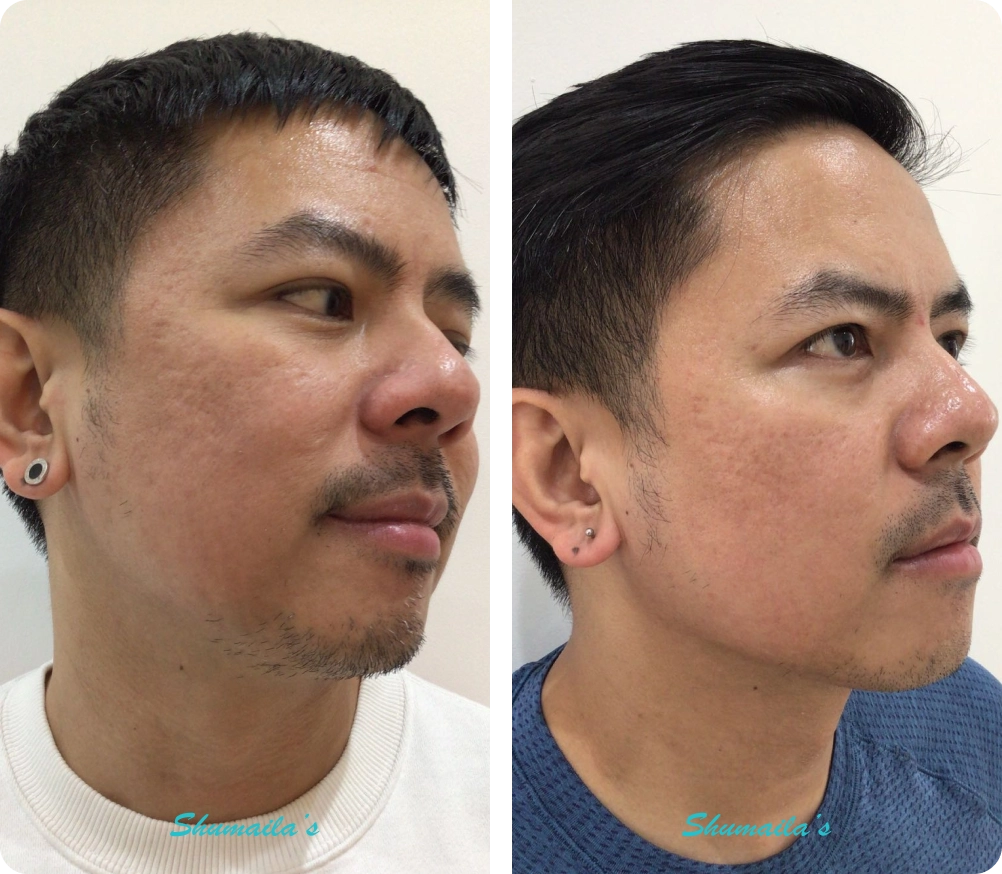
Acne Treatments
Reclaim clearer, smoother skin with our specialist treatments and courses.
Happy Customer Reviews
Customised Acne Treatment Plans
Advanced Medical-Grade Equipments
Expert Dermatological Supervision
What is Acne?
Acne happens when pores get blocked by oil, dead skin, and bacteria, leading to breakouts like pimples, blackheads, and whiteheads. Etc. Whether you’re a teen or an adult, acne can strike, but with the right treatment and care, clearer, glowing skin is within reach.
Types of Acne
Discover the diverse world of acne: from mild breakouts to severe cystic acne!
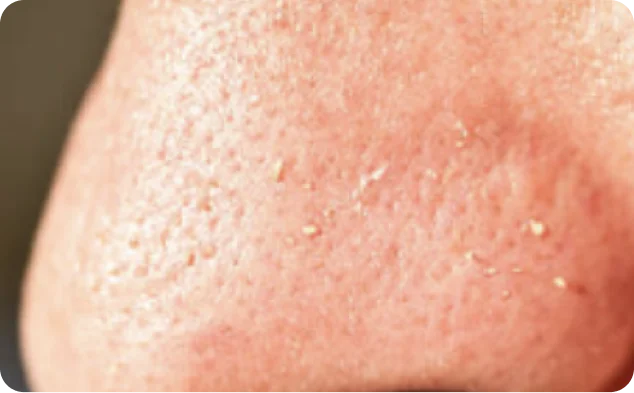
Whiteheads
Whiteheads
These tiny, closed bumps form when pores become clogged with oil and dead skin cells. Whiteheads can be persistent and annoying, often caused by hormonal fluctuations or excess oil production.
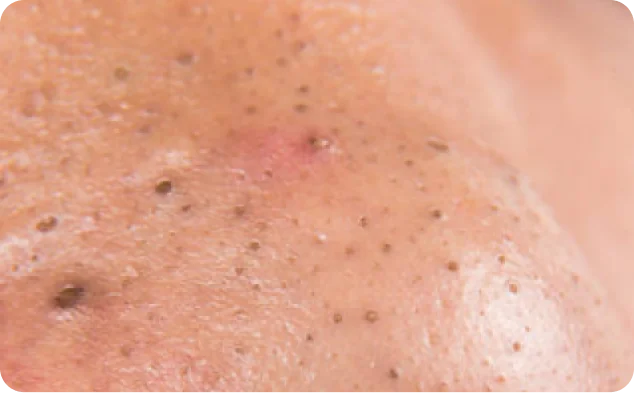
Blackheads
Blackheads
In contrast to whiteheads, blackheads stay open at the surface, allowing trapped oil and dead skin to oxidise and take on a dark hue. Often found on the nose, chin, and forehead, these pesky blemishes can be frustrating for many.
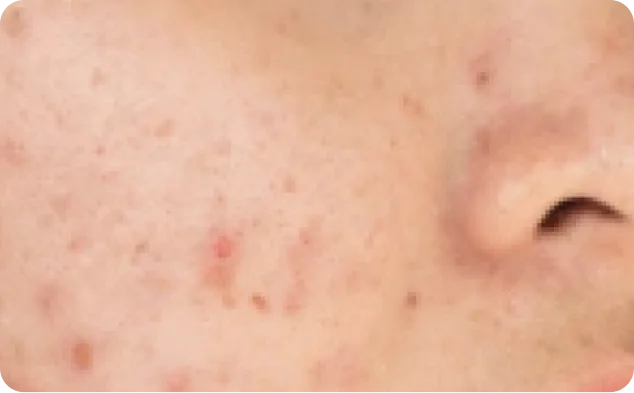
Papules
Papules
Papules are the red, raised bumps of acne that don't have that pesky pus inside. Clogged pores often cause them and can be a bit tender.
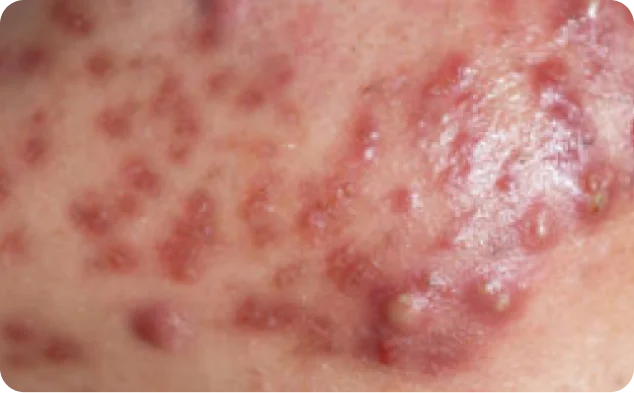
Pustules
Pustules
Pustules are the inflamed, red bumps of acne that have a noticeable white or yellow pus-filled center. Pustules can be painful and often appear on the face, back, chest, and shoulders. If left untreated, they can worsen and lead to scarring.
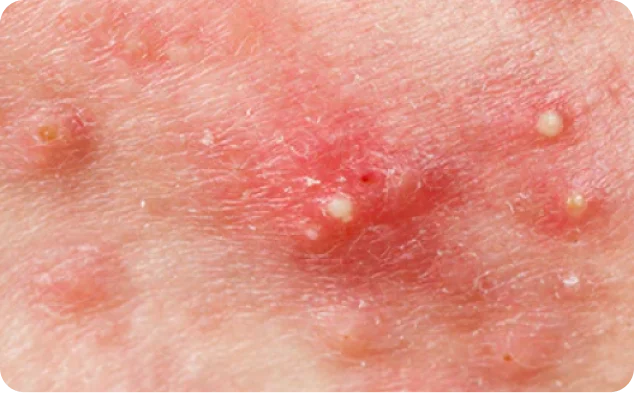
Nodules
Nodules
Nodules are a severe form of acne characterised by large, hard, painful lumps that form beneath the skin's surface. Unlike other types of acne, nodules are not filled with pus and can last for weeks or even months.
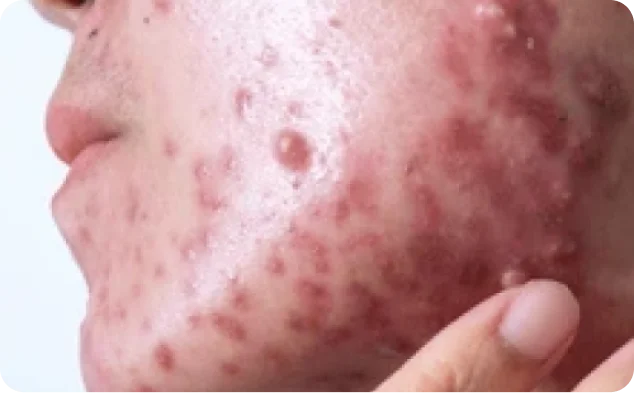
Cysts
Cysts
These are deep, painful acne lesions that are filled with pus. They develop when pores become clogged and inflamed, often leading to significant scarring. Unlike other types of acne, cysts usually require medical treatment to manage effectively.
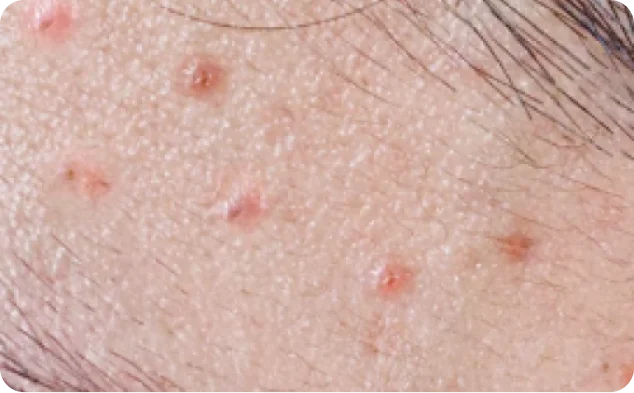
Acne Mechanica
Acne Mechanica
This type of acne is caused by friction and pressure on the skin. It's common in athletes and others who wear tight-fitting gear. The rubbing can irritate the skin and lead to pimples.
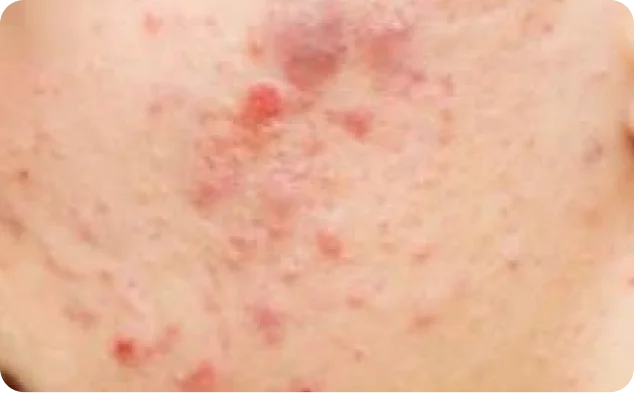
Hormonal Acne
Hormonal Acne
Hormonal acne is a type of acne caused by hormone fluctuations. It often appears in adults, especially women, and is characterised by deep, painful cysts. Treatment may involve hormonal therapies.
Acne Treatment
Treatment Combinations
Acne treatments can be combined based on the severity of the acne and the patient’s skin type. For instance, chemical peels might be followed by microneedling or laser treatments for more effective results on both active acne and scarring.
Treatments for Acne
For acne treatment, Shumailas can offer a wide range of both clinical and aesthetic treatments designed to target the underlying causes of acne, reduce breakouts, and improve skin texture.
Chemical peels are effective treatments for various skin concerns. The salicylic acid peel targets oil and acne by penetrating deep into pores to reduce blockages and inflammation. In contrast, the glycolic acid peel exfoliates the top layer of the skin, promoting faster cell turnover and helping to reduce acne scars and pigmentation. Jessner’s peel combines multiple acids for a more intensive approach, making it suitable for reducing acne scars and active acne lesions.
Laser skin resurfacing using Erbium YAG effectively reduces acne scars by removing damaged skin layers and stimulating collagen production. Intense Pulsed Light (IPL) targets bacteria and reduces inflammation, making it particularly effective for active acne and post-acne pigmentation. Additionally, blue light therapy specifically kills acne-causing bacteria (P. acnes) and reduces active breakouts without damaging the surrounding skin, providing a gentle yet effective solution for acne management.
Microneedling, whether combined with mesotherapy or performed alone, is an effective treatment for improving skin texture and reducing acne scars. Microneedling with mesotherapy enhances healing and stimulates collagen production, delivering additional nutrients to the skin. Meanwhile, microneedling alone creates micro-injuries that stimulate skin repair and collagen formation, further aiding in reducing acne scars. Both approaches promote healthier, more resilient skin.
The HydraFacial with Acne Treatment Booster is a non-invasive facial designed to deeply cleanse, exfoliate, and hydrate while targeting acne concerns. Enhanced with salicylic acid, it unclogs pores, reduces oil, and calms inflammation, making it ideal for mild to moderate acne. Enjoy clearer, smoother skin without downtime just remember to avoid heavy makeup and direct sun exposure post-treatment for best results.
Medical-grade skincare offers powerful options for acne treatment. Prescription strength retinoids, such as tretinoin, promote skin cell turnover, effectively reducing acne. Topical antibiotics like clindamycin target acne-causing bacteria and help minimise inflammation. Benzoyl peroxide further reduces bacteria and aids in clearing active acne lesions, while niacinamide helps control oil production, reduces inflammation, and promotes skin healing. Together, these ingredients provide a comprehensive approach to managing and improving acne-prone skin.
LED light therapy offers two effective treatments for acne and its aftermath. Blue LED therapy targets and kills acne-causing bacteria while also reducing inflammation, making it ideal for active breakouts. In contrast, red LED therapy calms skin inflammation and helps diminish post-acne redness, promoting overall skin healing. Together, these therapies provide a holistic approach to improving acne-prone skin and enhancing its appearance.
Exosome therapy for acne is an advanced treatment that uses regenerative cell derived particles, called exosomes, to repair and rejuvenate skin at the cellular level. Packed with growth factors and anti-inflammatory properties, exosomes help reduce acne by targeting inflammation, accelerating skin healing, and promoting a smoother, clearer complexion. This non-invasive treatment is ideal for those seeking long-term improvement in skin texture and a reduction in breakouts, leaving the skin healthier and more resilient over time.
Oral medications prescribed by a dermatologist can be crucial for managing more severe or persistent acne. Oral antibiotics are often used to treat cases that do not respond to topical treatments, helping to reduce bacteria and inflammation. For severe acne that remains unresponsive to other therapies, isotretinoin (commonly known as Accutane) is a powerful prescription option that addresses the condition comprehensively, often leading to significant improvement. Together, these medications provide targeted solutions for challenging acne cases.
Dermaplaning is an effective, non-invasive treatment for acne-prone skin, gently exfoliating to remove dead skin cells and fine hair that can trap oils and bacteria. By creating a smoother surface and allowing better absorption of skincare products, dermaplaning helps to reduce clogged pores and minimise breakouts. Ideal for those with mild acne or acne scars, this treatment leaves the skin feeling refreshed, clear, and radiant with no downtime.
How much does Acne Treatment cost?
| Acne Treatment | Price |
| Clear Skin Laser - Face | £250 |
| Hydrafacial Plus (acne) | £150 |
| Meso Acne Peel | £200 |
Showing our favourite reviews from Trustpilot
Showing our favourite reviews from Trustpilot
Rabia has been my skin specialist since…
Rabia has been my skin specialist since I started at Shumailas and she has transformed my skin for someone who has acne scarring and pigmentation
My experience at shumalias Woodford…
My experience at shumalias Woodford Green has been absolutely fantastic. Busra has been very helpful and guiding me what products to use and when, all the treatments I’ve been getting has helped me a lot and my skin feels greater than beige.
Shumaila offers an incredible range of…
Shumaila offers an incredible range of services, from beauty to skincare and everything in between. The experience is always flawless, and I couldnt be happier. I absolutely love it, and would definitely recommend to anyone looking for trusted, high quality care.
Shumaila’s London Eastham is the best…
Shumaila’s London Eastham is the best clinic ever.I have had my Cosmelan treatment it has been the best decision of my life. Dr Aneeka is best doctor. I love this clinic.
Lovely hydra facial treatment
My skins really improved so smooth and glowy. 😊 I’m really looking forward to my cosmelan treatment.
I enjoyed my treatment and I’ve seen a…
I enjoyed my treatment and I’ve seen a massive improvement with my skin and I’m honestly so happy I trusted them with my skin and they did a great job and happy with my results
I had a wonderful experience with…
I had a wonderful experience with Halima she was professional, gentle, and really took the time to understand my skin concerns. Highly recommend for anyone looking for a great skincare therapist!
I have done my Cosmelan treatment with…
I have done my Cosmelan treatment with Dr Indu from Shumailas east ham. I feel like my face is so much clear now and i am very very happy about the results. Now I feel more confident and people started complimenting me. Indy is very kind, funny and helpful I would recommend them to all of my friends. I will give 10 star.
Amazing staff I got my PRF treatment by…
Amazing staff I got my PRF treatment by Dr Indu and the treatment made my dark circles clear
Hapreet was very knowledgeable and…
Hapreet was very knowledgeable and helpful with explaining various treatment option.
I've been going to Shumilas for about 5…
I've been going to Shumilas for about 5 years. I have facials, laser treatment, massages and waxing. I'm always happy with my treatments and the results. The team are kind and helpful and always super helpful.
I recently visited the Chigwell branch…
I recently visited the Chigwell branch for a HydraFacial for my face and chemical peeling for back acne, and Bushra did an absolutely amazing job! She was incredibly professional, friendly, and made me feel completely at ease throughout the treatments. My skin feels so healthy and refreshed, and I’m thrilled with the results. I highly recommend her services and can’t wait to return for future treatments!
Facial treatment
I have had facial (deep cleansing) performed at the seven kings branch. Haleema is professional and understands the skin condition and has delivered the appropriate treatment. She is friendly and ensured that I am comfortable throughout. I wish her well!
Amazing service Gazala
Amazing service Gazala! Can’t wait to see the results ✨ She gave me so much important information which will help me improve my skin overall. Sadaf was amazing as usual! Will be back soon for more treatments
Longstanding Shumailas East Ham Customer
I have been visiting Shumailas in East Ham for many years and have referred lots of family and friends too. Laser, facials, massages and waxes have all been great. The stuff are warm and friendly and always happy to help and advise.
Arshia thank you for the wonderful…
Arshia thank you for the wonderful personalised service. Family and I have noticed a great improvement in my skin. Highly recommend friendly service
Rabia is amazing
Rabia is amazing. My face was really suffering from acne scarring and pigmentation. Since I started hydrafacial and microneedling my face has transformed to how it was when I was a teenager. My skin has never felt so smooth and firm at 40 years old. Daisy is amazing for laser as since hardly any facial hair has grown .
Award Winning Clinic
The benefits of receiving Acne Treatment can result in:
Deep Cleansing and Unclogging of Pores
Targeted Treatment for All Types of Acne
Reduction in Acne-Related Inflammation
Controlled Sebum Production
Boosts Collagen Production
Non-Invasive with Minimal Downtime
Prevention of Future Breakouts
Customised Solutions for Every Skin Type
Expect results from
Immediate Results (1 - 2 days)
Non-Invasive Treatments: Procedures like HydraFacial and chemical peels provide instant improvements in skin texture and brightness.
Short-Term Results (1-4 Weeks)
Acne Treatments: Noticeable reductions in active acne may occur within this period. Early signs of scar improvement can also start to appear.
Moderate Results (4-8 Weeks)
Over the following weeks, results become more pronounced as pigmentation fades and skin tone evens out.
Long-Term Results (3-6 Months)
Optimal Outcomes: Significant improvements in scarring and overall skin quality are typically visible during this timeframe, especially with ongoing care.
Showing our favourite reviews from Google
Showing our favourite reviews from Google
Nabeel Malik
6 days agoSimmy is a fantastic therapist; she has been working with me on micro needling for acne scars and also lasting for my back. A true professional who enjoys her work and keeps you informed of what she is doing
Jessie Rand
32 days agoI’ve had several treatments at Shumalias and each time I’ve been so impressed by the results. Bashra is an amazing clinician and gives great advice to achieve healthy glowy skin. Thank you 🙂
Haze Far
35 days agoShumailas Upminster branch has been absolutely amazing throughout my skincare journey. Everytime I came to my appointments I was greeted well and felt so comfortable with Nazia and the girls. Nazia provided a professional and friendly service throughout and I felt confident in her care. Umey did my hydrafacial and she was very friendly and helpful and my face felt rejuvenated and revitalised. I was guided every step of the way throughout my skincare journey and nothing was too much for the girls to assist with. My mum also started her skincare journey here and Ambar did a great facial for her and explained what she was doing and why. Great service and wonderful women. Would highly recommend coming here if you want great service and great skin! 🤍
Shivani Patel
36 days agoThis is clinic is beautiful!! They have great treatments like Hydrafacial, laser hair removal, hyperpigmentation treatments, reductions in acne scars, weight loss treatments and a lot more beauty treatments. Harrow is an area that needed something like this for us to all come to as our go to beauty/ aesthetics clinic ! I would really recommend everyone that works in the clinic. They are all equally trained and experienced. Definitely book that consultation in !
Rida Fatima
49 days agoI’ve been receiving acne treatment at Shumaila’s Clinic, and after just three sessions, I can already see a huge difference. I had tried so many things before, but nothing worked until now. Sharan, who does my treatment, is absolutely amazing, she’s so knowledgeable, gentle, and really takes the time to listen to my concerns. The manager is also incredibly friendly and welcoming, which makes the whole experience even better. The entire team is professional, helpful, and caring. I’m so happy with my results and will definitely be getting more treatments here. Highly recommend!
Vencott Williams
60 days agoThanks to navdeep and all the staff at Shumaila’s. My skin has never looked better!after just numbers of seasons,my complexion is brighter and more even than it’s been in years.thank you for helping me feel so confident.
Aesha A
70 days ago“I always have such a great experience at Shumailas! Bushra makes me feel so comfortable and welcome every time. I’ve been coming for facials for a year now and the transformation of my skin is insane she’s amazing — I couldn’t recommend Bushra at Chigwell Shumailas enough!”
Kate Attah
70 days agoAMAZING AMAZING AMAZING!!! I HIGHLY recommend this place for skin treatment they are SO good my skin looks so good after my glutathione and vitamin C treatment and I'm going back for cosmelan pigmentation treatment. Thank you Nazia (i suggest you ask for her specifically she sure knows her onions)
nejla tahsin
99 days ago"I'm absolutely thrilled with the service from Beauty Shumalia and Rabia! Their attention to detail and care in every treatment plan is truly exceptional. The rejuvenation and glow I've experienced with their skin treatments have exceeded my expectations. Rabia's expertise and gentle approach made the entire process comfortable and enjoyable. My skin looks amazing! Highly recommend their services to anyone looking for professional, personalized care. Five stars isn't enough – I'd give them ten stars if I could!"
Sheliza Damani
99 days agoVisited the Hammersmith location for a chemical peel appointment and really enjoyed the process and the staff that were on site - Syeda did my treatment- friendly, attentive, positive, informative, patient and with facials it is nice to have someone who puts a little pressure when cleansing the face, this was well done by Syeda! Thank you for the treatment and I look forward to beautiful skin in a weeks time 🙂
Rana Fida
107 days agoMiss Mena was so professional and friendly, She guided me step by step and i realy hope that treatment works for my Acne.
Margaret Ezeanyika
129 days agoI did a facial treatment here and Navdeep was so professional and her facial and neck massage was so great. I’m happy with my experience and will definitely come back for more. The before and after results was mind blowing
abiba musah
133 days agoDr kinza did my cosmelan treatment and honestly I am very happy with it and satisfied Thanks dr kinza
N M
140 days agoIm very happy with the face treatment I have received from you. It has made me feel more confident in myself. Thank you so much.
Shahnaz Miah
143 days agoThe most amazing experience through my shumaila journey! Still a long way to go yet but the staff make the journey as comfortable as possible and well worth the money. My practitioners Mandeep and Asma have bought shine to my face marsh'allah and gave me my life back. I don't feel as self conscious as I did with the ability to walk out the house without make up! Shumailas definitely exceeded my expectations and I love it! Will deffo recommend! Well done to the team!
Baris Aytin
170 days agoHello. Before coming to Clinic Hair, I normally visited many clinics and looked for treatment in many places. But I realized that everywhere, instead of seeing so much interest and attention, they were viewed entirely as a business. However, there is a sincerity and interest that is like a family environment. In addition, I saw the effects much earlier than the specified time. I think this is an indication of how healthy and how well the procedures are done. You can trust yourself with peace of mind. I wish you healthy days.
Tianna Henry
170 days agoMy experience was wonderful, i was advised on what to use on my skin and Dr Kinza kept my informed on what treatment she will be doing on my chin so i am fully aware of the full process, and also she was very poilte and reassured me throughout my treatment as well as gave me home advice
Toyosi Baruwa
176 days agoHad a wonderful hydrafacial session at Shumailas. As they are a medical clinic they fully understood what my issues were and gave me a treatment that specifically targeted it.
Raihana Ali
190 days agoI had a wonderful experience with Huma she was professional, gentle, and really took the time to understand my skin concerns. Highly recommend for anyone looking for a great skincare therapist!
Zohaib Talib
205 days agoI had a great experience at the clinic for my acne treatment. During my consultation, Aneeqa and Hanna were incredibly helpful and professional. They took the time to listen to my concerns, assessed my skin thoroughly, and provided clear, honest advice about the most suitable treatment options. Their friendly and knowledgeable approach made me feel comfortable and confident in the plan we chose. Dr. Kinza, who carried out my treatment, was equally impressive. She was highly professional, and attentive, and made sure I was well-informed at every stage of the process. Her expertise and care gave me great reassurance, and I’m already seeing positive results. I’m very grateful to the whole team for their outstanding service and support.
Ready to start?
Email, call or WhatsApp us to discuss your goals
Visit one of our clinics to indepth advice and consultation
Receive a quote and discuss dates and expectations
Our skilled professionals utilise advanced techniques to target and reduce the appearance of skin pigmentation, revealing a more even-toned and radiant complexion that emits confidence and beauty.
Expert practitioners, advanced technology, and personalised care.
Utilising cutting-edge, FDA-approved technologies like Morpheus8, Harmony XL Pro, and HydraFacial.
Offer minimal downtime with long-lasting improvements in skin health and texture.
We prioritise your comfort and support, offering detailed aftercare and regular follow-ups.
Commitment to safe, ethical practices, accessible locations, and flexible scheduling,
Frequent Asked Questions
Acne usually clears up over time, often starting in puberty and subsiding as hormones stabilise. However, for some, it can continue into adulthood. At Shumaila’s London, we’ve helped many clients who felt they’d tried everything without success, as shown by our positive testimonials and success stories.
At Shumaila’s London, we offer a personalised consultation to assess your skin type, acne severity, and scarring. Based on this evaluation, our experts will design a customised treatment plan tailored to your needs.
Most of our treatments are minimally invasive and designed for comfort. Treatments like HydraFacial and chemical peels are painless, while procedures like microneedling or Morpheus8 may cause slight discomfort. We use numbing creams to ensure a comfortable experience.
Some treatments, like HydraFacial and chemical peels, offer instant improvements in skin clarity and texture. Treatments that focus on deeper skin healing, such as microneedling or laser therapy, may take a few weeks for the full results to appear as the skin regenerates.
Yes, we offer treatments suitable for all skin types and tones. Our skilled practitioners have experience treating various skin types, including darker tones, and will recommend the safest and most effective treatment for your skin.
Most treatments have minimal side effects, such as mild redness or sensitivity, which subside within a few days. Our practitioners provide post-treatment care instructions to ensure a smooth recovery and minimise any potential side effects.
Results vary based on the treatment and your skincare routine. Treatments that promote collagen production, like microneedling or PRP, offer long-lasting improvements. We recommend follow-up treatments or maintenance sessions to help sustain your results.
Pregnant or breastfeeding women, Individuals with severe skin sensitivities, Clients with active skin infections or open wounds, People on certain medications (e.g., Accutane), and Clients with compromised immune systems.
One of our friendly consultants will contact you to answer your questions, and to book a consultation for your chosen treatment.

